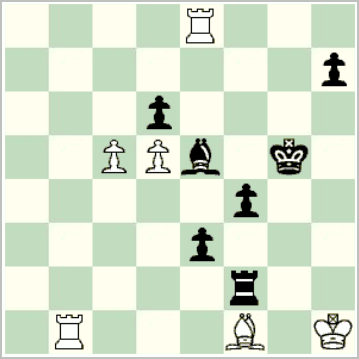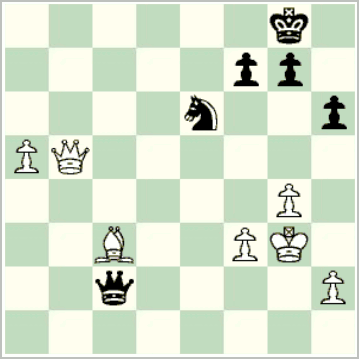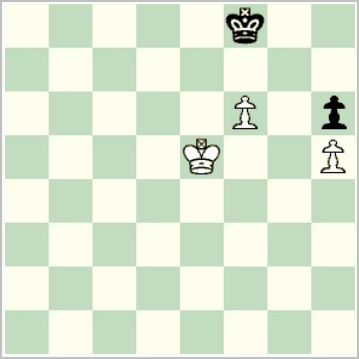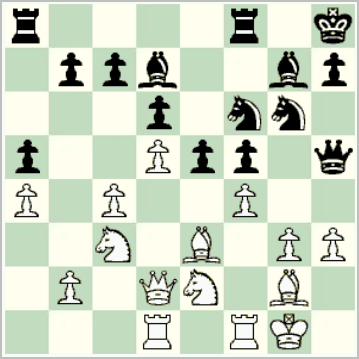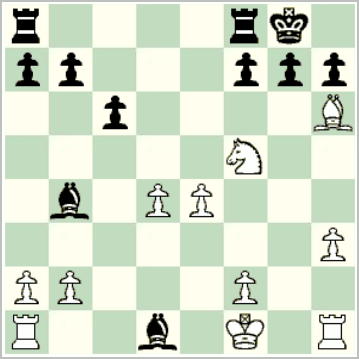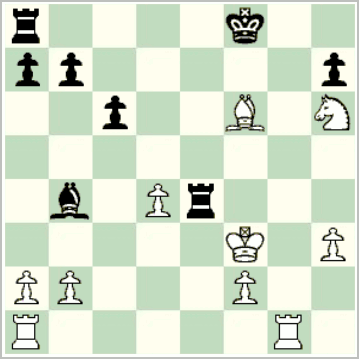The DCU Congress attracted 180 players across three sections at the weekend, and the newly introduced Blitz attracted 59.
A full report on the Open has been added to the Tournament pages here. 20 games are available via live boards, though a few of these were truncated.
The event was open to all ICU members, and attracted a mammoth field of 96 players. Due to some snafu, IMs Artur Davtyan and Oleg Gubanov were listed in the field and paired for the first round, but played no games. This left as top seeds Tarun and Trisha Kanyamarala, Stephen Jessel, and Zalan Nemeth.
Three players tied for first with 4½/5, Kavin Venkatesan, Colm Daly, and Maximilian Lohr. These three did not encounter each other, but Venkatesan beat Tarun Kanyamarala and John Delaney, and Daly beat Trisha Kanyamarala. Unusually, and in a change from last year’s event, prize money was not divided equally between tied players, and Venkatesan took first on Sonneborn-Berger, with Daly second and Lohr third. (Daly was slightly unfortunate here, as Trisha Kanyamarala withdrew after their third round game; if she had continued and scored 1½/2 in her last two games, he would have taken first.)
One crucial moment came in the round 3 game between Tarun Kanyamarala and Venkatesan.
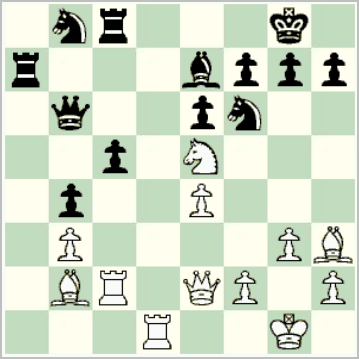
21. ?
In the diagrammed position, 21. Rcd2 leaves White with some advantage. Instead the game continued 21. Nf7?. It’s not clear what was missed, but this is unsound. After 21… Kxf7 22. e5 Nfd7 23. Qh5+ Kg8 24. Rd6 Bxd6 25. Bf5, 25… h6! would have left White with nothing. The game’s 25… Nf8 would have been much better for Black even after the best 26. Bf5. After 26. Rc4? Qg6 27. Qe2 Ra2, White was lost.

